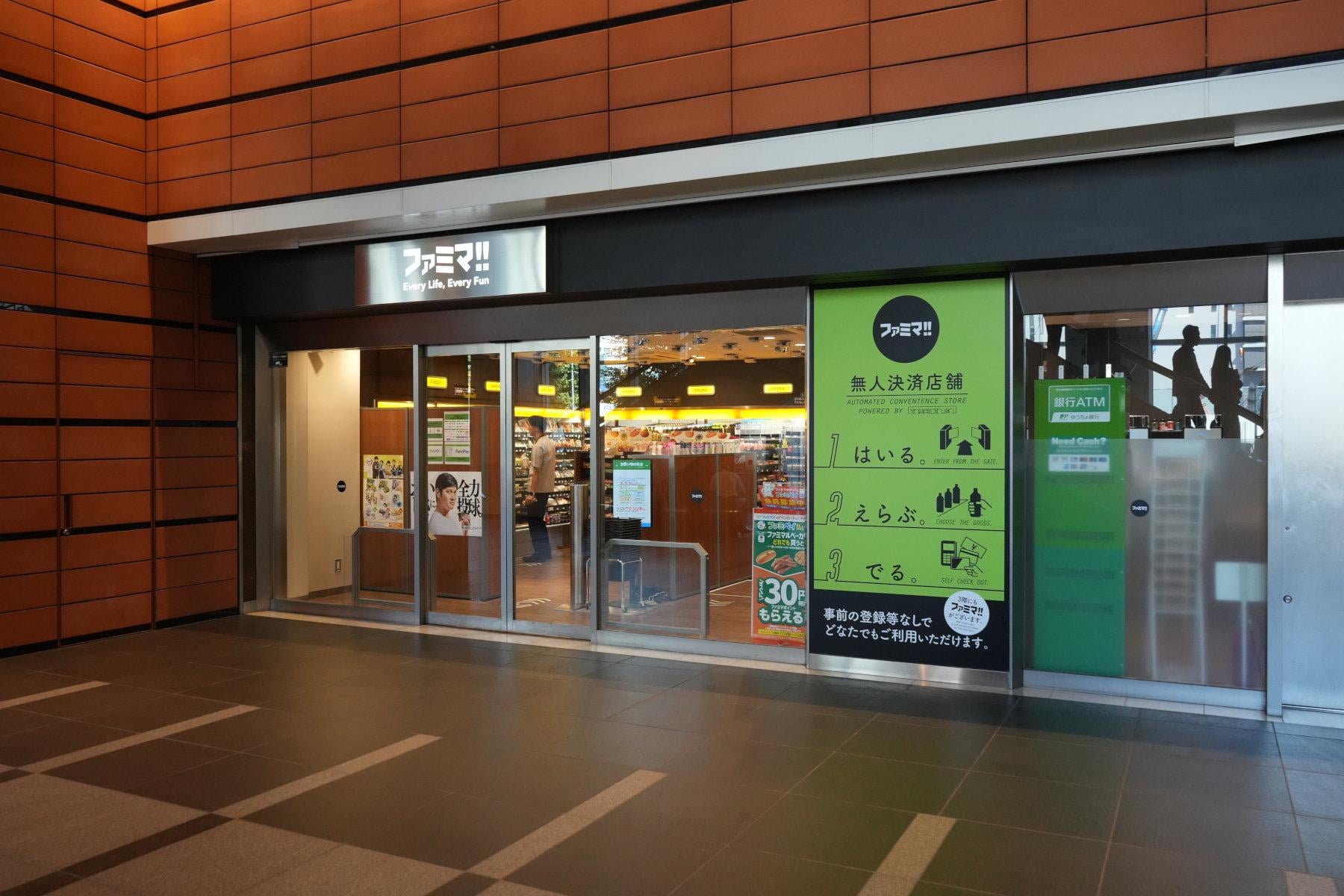
Unmanned convenience stores, or “no-staff convenience stores,” are appearing in Tokyo. JR East’s NewDays has opened stores with self-checkout registers that only accept cashless payments. While staff handle stocking and cleaning, they aren’t stationed permanently inside these stores.
7-Eleven has developed compact stores intended for factory and office environments, featuring a way to pay using an app rather than a cashier. There’s also a company called TOUCH TO GO that is creating checkout systems using AI cameras to detect products without a need for scanning.
Though these stores help address workforce shortages, they face many challenges. They’re yet to become widespread in Japan, partially due to difficulties similar to those in the US and China, where these stores have struggled.
NewDays has several unmanned stores in Tokyo, including one in Shinjuku Station. It has limited shelving and offers mainly snacks and drinks, with self-checkout machines for cashless payments only. Though stocking and cleaning aren’t yet automated, the prominent cashless feature provides convenience where many people use Suica cards.
7-Eleven also introduced compact stores suitable for company facilities, requiring customers to use a smartphone app to make purchases. These stores are small and limited in services compared to regular 7-Eleven outlets.
TOUCH TO GO has developed advanced checkout systems using AI cameras to track purchases without scanning, but their accuracy can falter. While this technology may reduce labor costs, initial setups and monthly fees remain high. TOUCH TO GO has collaborated with FamilyMart, offering this system in compact store settings.
Despite attempts in countries like China and the US, unmanned convenience stores haven’t become mainstream due to costs and lack of appeal. Issues such as precision of AI systems and limited product offerings undermine their appeal. Unmanned stores likely face restrictions on expansion and will remain confined to small-scale operations for now.
by MagazineKey4532
